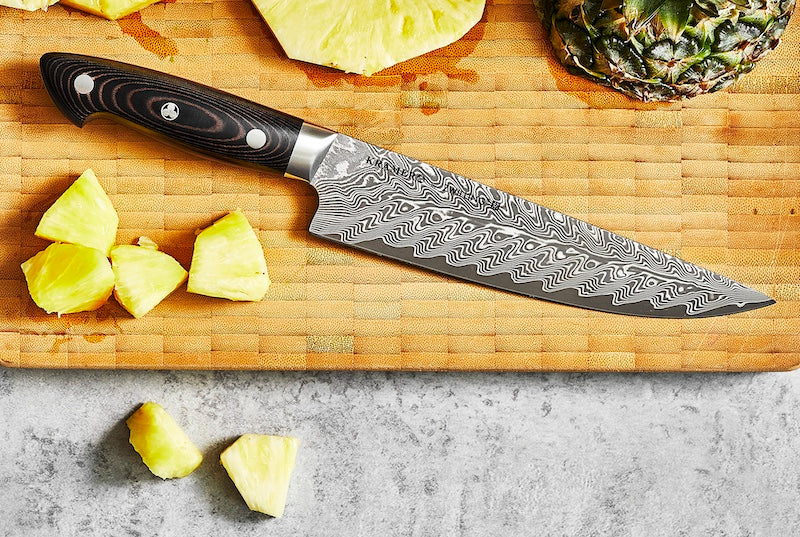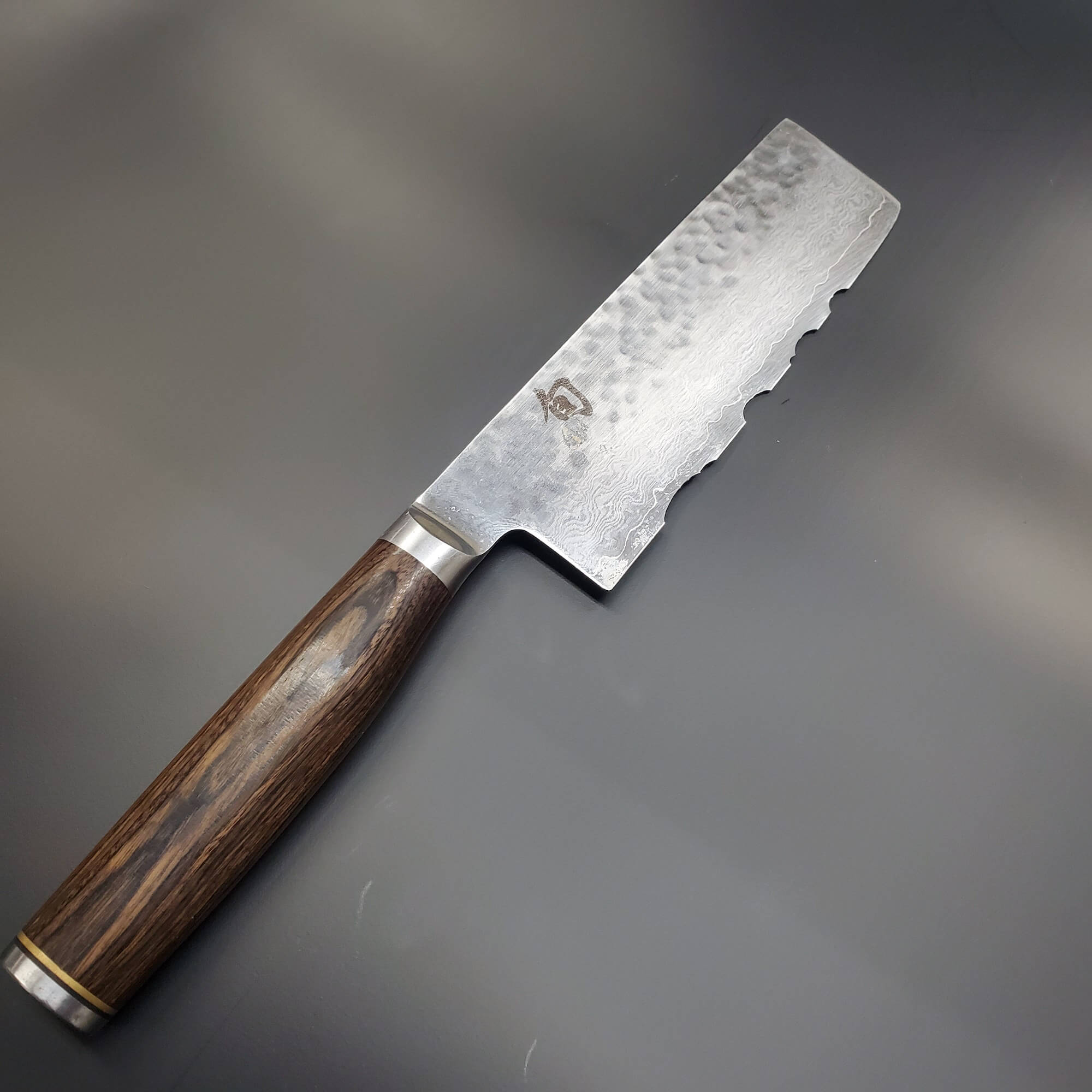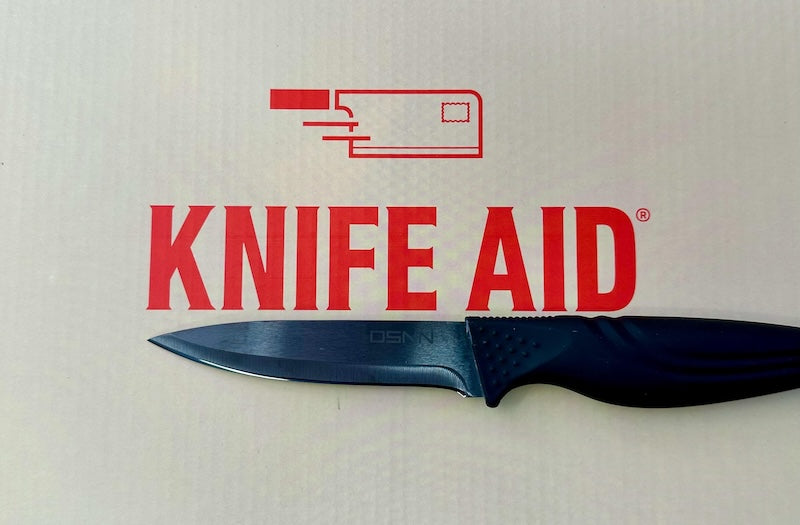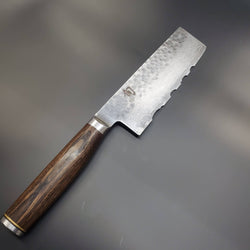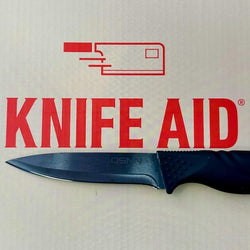Sharpening Damascus Knives
The Timeless Craft: Damascus Knives and the Art of Sharpening.
Damascus knives are renowned for their exquisite craftsmanship, sharpness, and beautiful patterns. Originating from the ancient city of Damascus, these knives have a rich history dating back centuries. In this blog post, we will explore the artful craftsmanship of Damascus knives, the difference between authentic and modern day Damascus knives, and how to sharpen these prized possessions to perfection.
The History of Damascus Knives
Damascus steel, also known as wootz steel, is characterized by its unique patterns of banding and mottling, reminiscent of flowing water. Historically, this steel was used in the Middle East and South Asia to create high-quality blades known for their toughness and sharpness. A true Damascus knife offers a unique cutting experience (the blade is ‘toothier’ than regular steel blades), and it also comes with a unique price tag of up to $5,000.
Nowadays, the term "Damascus" is often used to describe any steel with a visible grain pattern created by forging different metals together. While this modern Damascus may not replicate the exact properties of ancient wootz steel, it has become synonymous with high-quality, visually striking knives.
How are Damascus Knives made?
Modern day Damascus knives are made from a single type of core steel, which is layered with another type of stainless steel. The distinctive Damascus pattern is either etched or stamped into the outer steel layers. Performance and usage wise, the core steel, which is key for the blade’s edge, determines functionality of the knife.
Sharpening Damascus Knives
Sharpening a Damascus knife requires care and precision to maintain its edge and preserve the beauty of the pattern. As with all other knives, maintaining the angle is key to preserve the blade’s optimal performance. At Knife Aid, we always sharpen to manufacturers’ specifications.
In conclusion, Damascus knives are not just tools; they are works of art with a rich history and a timeless appeal. Whether you own an authentic Damascus knife or a modern day version, proper care and maintenance will ensure that it remains a prized possession for years to come.
